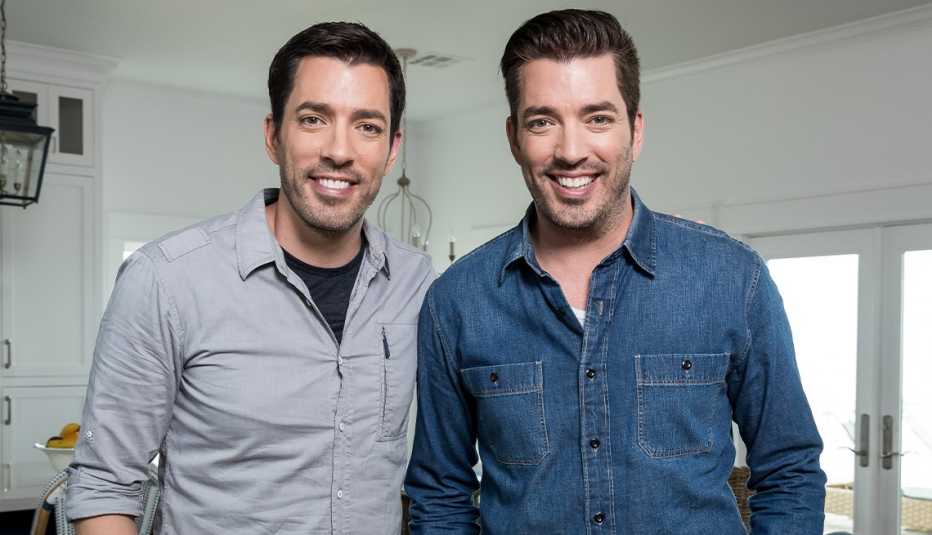AARP Hearing Center


At its best, a show doesn't just entertain; it opens eyes, sparks conversation, stirs the pot, makes us reflect. Inspired by the 50th anniversary this year of the groundbreaking All in the Family, AARP's media critic Tim Appelo makes his picks of the TV series that have had the greatest influence on our collective culture and, by extension, each of us.
Barrier-breaking sitcoms
All in the Family (1971–79) Liberals and conservatives alike loved Archie Bunker's un-P.C. malapropisms. The show, which was unlike any other up to its time, openly tackled issues such as Vietnam, infidelity, race relations, homosexuality, women's liberation and menopause.
The Golden Girls (1985–92) What? Four single women over 50 and they're having the time of their lives? Every belly laugh struck a blow for the dignity of aging.
The Fresh Prince of Bel-Air (1990–96) Featuring Will Smith, it was one of the first shows where Black kids could see a Malcolm X poster like the one on their own bedroom wall.
Will & Grace (1998–2006, 2017–20) An indelible portrait of true friendship, this show offered prime-time TV's first gay lead character.
Ugly Betty (2006–10) Telenovelas long ruled Latin American TV, and this adaptation of Colombian soap Yo soy Betty, la fea, starring America Ferrera, was the first to conquer American hearts and funny bones.


Why we absolutely had to buy cable ...
The Sopranos (1999–2007) The first mob drama on a par with The Godfather and Goodfellas (with which it shared 27 cast members).
The Wire (2002–08) Created by a former reporter and an ex-cop; a nervy, realistic portrait of Baltimore in the grip of a cocaine and heroin epidemic.
Mad Men (2007–15) The stylish period piece made Madison Avenue cool again and launched Jon Hamm and Elisabeth Moss to fame and fortune.
Breaking Bad (2008–13) A Mr. Chips–like schoolteacher dying of cancer becomes a Scarface-like meth lord in a crime thriller with a deep moral inquiry.
Game of Thrones (2011–19) The fantastically complex fantasy about battling royals whisked us all to another world.


... and why streaming is challenging cable
The Crown (2016–Present) A deep, revealing peek inside the castles and quarrels of Queen Elizabeth II, Princess Diana and company. It's fact-based, though no soap opera was ever soapier.
The Handmaid's Tale (2017–Present) This adaptation of the 1985 novel, about a future totalitarian America that sexually enslaves women, caught a rising wave of real-world feminist activism.
The Marvelous Mrs. Maisel (2017–Present) In the best time capsule show since Mad Men, a posh Manhattan housewife discovers her gift for stand-up.


Families we loved, decade by decade
Father Knows Best (1954–60) The title said it all: Dad rules.
Leave It to Beaver (1957–63) The first kid's-eye-view family sitcom, inspired by its writers’ kids.
The Jeffersons (1975–85) The first long-running hit sitcom about African Americans featured a strong female lead and TV's first Black woman married to a white man.
Modern Family (2009–20) It was shot as a fake documentary, and its clans mirrored reality — traditional, blended and same-sex.
This Is Us (2016–Present) A healing show in a divisive time, with six times as many Black writers as most shows and such big-name directors as Regina King.











































































More on Entertainment
The Best Game Shows in TV History, Ranked
Did your favorite top the list? Answer in the form of a question, pleaseThe 15 Best True Crime Shows to Binge Right Now
You might want to leave the lights on for these